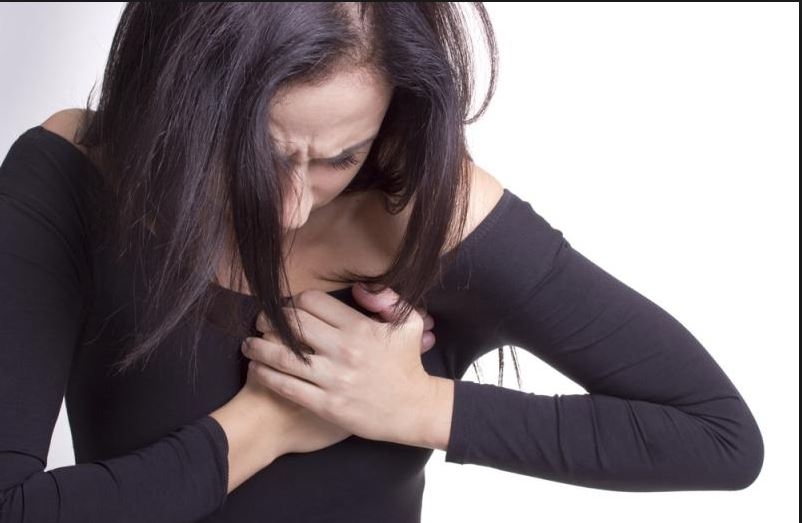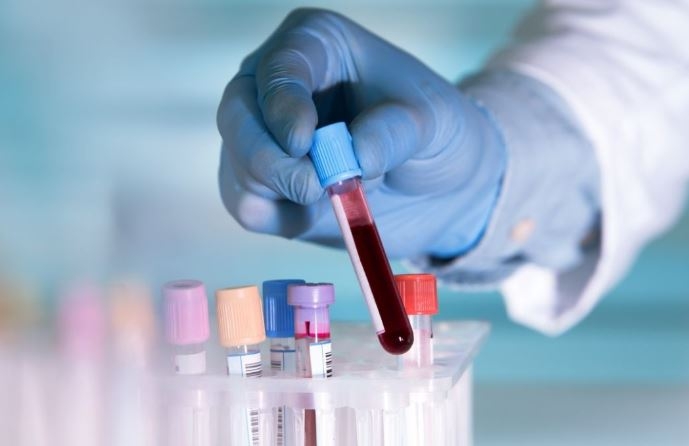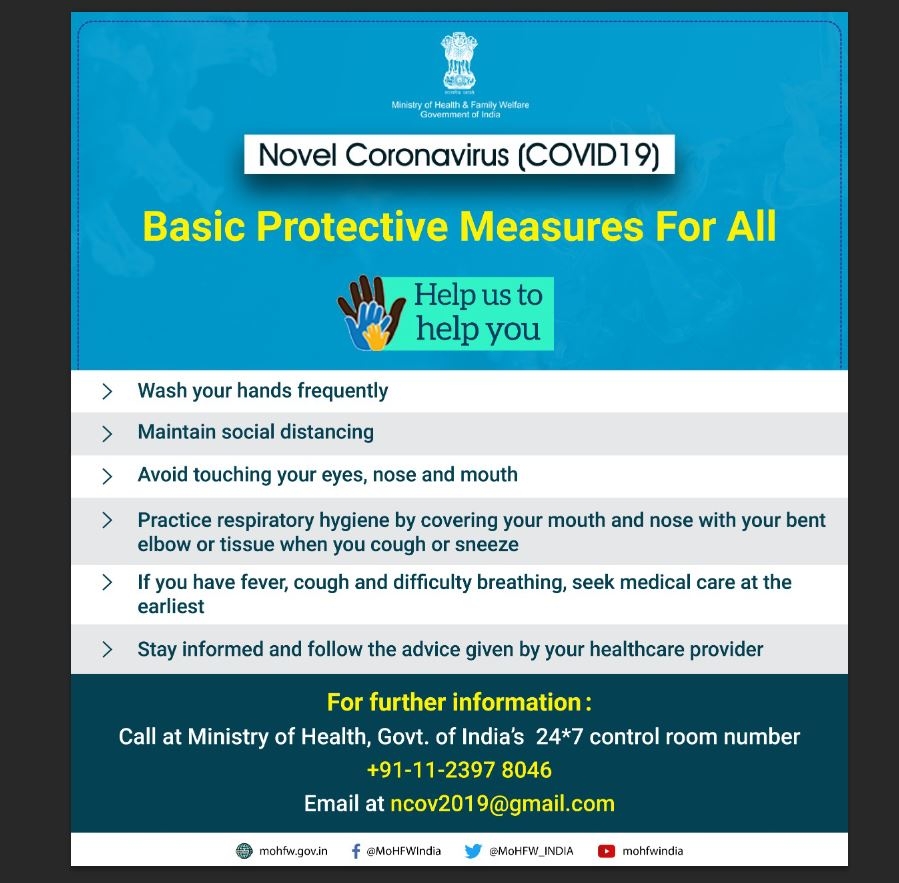When a heart attack strikes, it doesn’t always feel the same in women as it does in men. Women don't always get the same classic heart attack symptoms as men, such as crushing chest pain that radiates down one arm. Those heart attack symptoms can certainly happen to women, but many experiences vague or even “silent” symptoms that they may miss.
Symptoms of heart attack in women:
- Chest discomfort—including pain, tightness, squeezing, or pressure.
- Pain or discomfort that radiates into the jaw, shoulder, neck, back, or either arm.
- Shortness of breath, especially if it's new.
- Feeling faint, lightheaded, or dizzy.
- Sweating that comes on suddenly.
- Nausea or vomiting.
- Unusual fatigue.
- Sleep disturbances.
- Stomach problems.
Heart attack post-menopause
- The risk of heart attack increases due to falling estrogen levels after menopause.
- Post-menopause heart attack symptoms include:
- pain or discomfort in the arms, back, neck, jaw, or stomach
- rapid or irregular heartbeat
- severe chest pain
- sweating without activity
Risk factors
Risk factors for a heart attack in women include:
- Age: Those aged 55 years or older are at greater risk of heart attack. This may be because hormones provide some protection from heart disease before menopause.
- Family history: Those with a male relative who had a heart attack by the age of 55 years old, or a female relative who has had one by 65 years of age, are considered to have a family history of heart attack and are at increased risk.
- Health status: Certain markers, such as high blood pressure and high cholesterol, increases the risk of heart attack in both males and females.
- Medical conditions: Those with conditions, including diabetes, obesity, and autoimmune disorders are more likely to have a heart attack. Diseases such as endometriosis, PCOS, or a history of preeclampsia during pregnancy also increase risk.
- Lifestyle choices: Using tobacco or stimulant drugs, for example, cocaine or amphetamines, a sedentary lifestyle, or high levels of stress will all increase the risk of heart attack.
When a heart attack strikes, it doesn’t always feel the same in women as it does in men. Women don't always get the same classic heart attack symptoms as men, such as crushing chest pain that radiates down one arm. Those heart attack symptoms can certainly happen to women, but many experiences vague or even “silent” symptoms that they may miss.
Symptoms of heart attack in women:
- Chest discomfort—including pain, tightness, squeezing, or pressure.
- Pain or discomfort that radiates into the jaw, shoulder, neck, back, or either arm.
- Shortness of breath, especially if it's new.
- Feeling faint, lightheaded, or dizzy.
- Sweating that comes on suddenly.
- Nausea or vomiting.
- Unusual fatigue.
- Sleep disturbances.
- Stomach problems.
Heart attack post-menopause
- The risk of heart attack increases due to falling estrogen levels after menopause.
- Post-menopause heart attack symptoms include:
- pain or discomfort in the arms, back, neck, jaw, or stomach
- rapid or irregular heartbeat
- severe chest pain
- sweating without activity
Risk factors
Risk factors for a heart attack in women include:
- Age: Those aged 55 years or older are at greater risk of heart attack. This may be because hormones provide some protection from heart disease before menopause.
- Family history: Those with a male relative who had a heart attack by the age of 55 years old, or a female relative who has had one by 65 years of age, are considered to have a family history of heart attack and are at increased risk.
- Health status: Certain markers, such as high blood pressure and high cholesterol, increases the risk of heart attack in both males and females.
- Medical conditions: Those with conditions, including diabetes, obesity, and autoimmune disorders are more likely to have a heart attack. Diseases such as endometriosis, PCOS, or a history of preeclampsia during pregnancy also increase risk.
- Lifestyle choices: Using tobacco or stimulant drugs, for example, cocaine or amphetamines, a sedentary lifestyle, or high levels of stress will all increase the risk of heart attack.
























